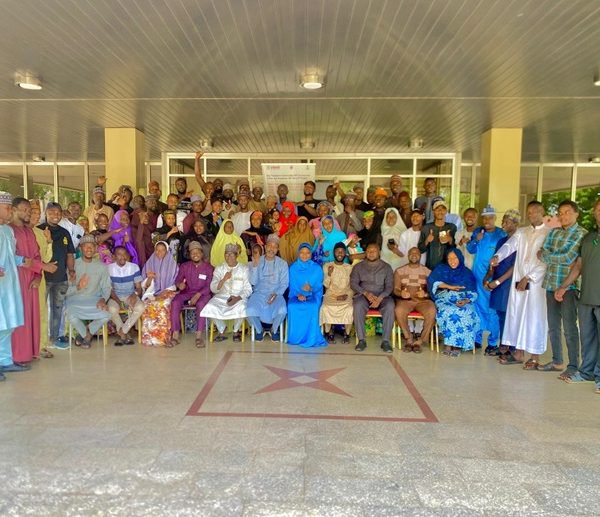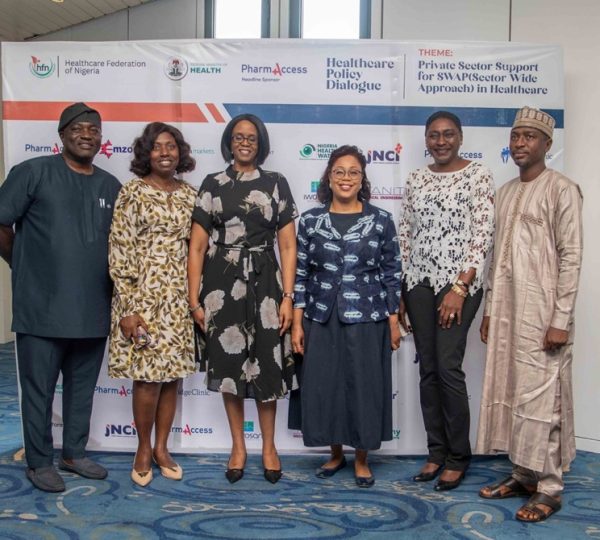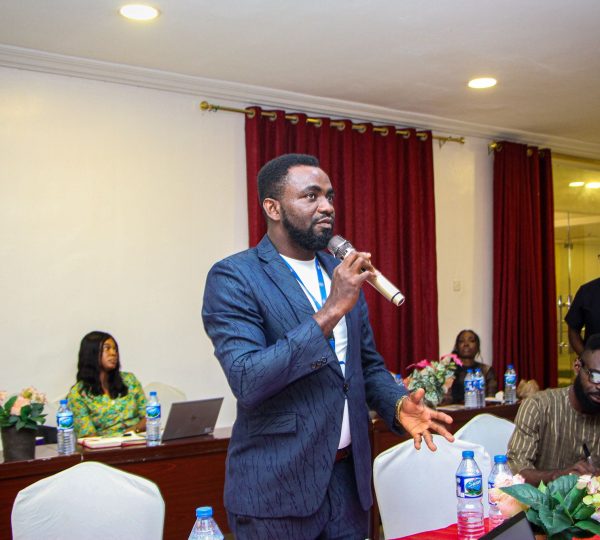SFH Supports Nigeria to Launch Guidelines and Standard Operating Procedures (SOP) for Harm Reduction Services
Society for Family Health (SFH) has once again contributed to the improvement of lives in lasting ways by advancing integrated, locally driven solutions through the NFM project.
A monumental milestone in the scope and scale of the harm reduction services and treatment of Opioid Drug Disorders in Sub-saharan Africa have been met with the launch of the two critical documents that create a framework for advancing drug use treatment in Nigeria. The Guidelines for Medication-Assisted Treatment for Opioid Dependence in Nigeria: Methadone and Buprenorphine and the Standard Operating Procedures (SOP) for Medication-Assisted Treatment (MAT) for Opioid Dependence in Nigeria: Methadone and Buprenorphine.
SFH have in 2018-2020 started the journey through the Global Fund HIV-NFM project to pilot the Needle and Syringe Programmes (NSP) and MAT in Nigeria. The project was the first to introduce and involve government to have first-hand experience of harm reduction services (MAT & NASP) through advocacies, capacity building and a study tour in Kenya. This study tour involves all stakeholders; Special appreciation to the leadership of the Federal Ministry of Health- Drug Demand and Harm Reduction unit- Department of Food and Drug; NACA, NAFDAC, NDLEA, POLICE, National Correctional Services, National Harm Reduction Technical Working Group with support from Global Fund and UNODC.
After the project, SFH joined the Global Fund consortium led by FHI360 to continue to advocate for these harm reduction services and ensure sustainability of the earlier process and now we have the launch of this important document. Deploying MAT for opioid dependence (also known as Opioid Substitution Therapy), means that Nigeria is finally implementing all the components of the comprehensive package of evidence-based harm reduction interventions to reduce harms associated with injecting drug use.
This document launch marks a substantial step forward in the evolution of treatment for opioid dependence in Nigeria. More importantly, it seeks to make the guidelines more clearly evidence-based and useful for service providers, policy makers and consumers. Providing a broad policy context and framework with a view to promoting a national standard is important, and the efforts of all involved in providing and drawing together diverse viewpoints and expertise to the reality of this documents are greatly appreciated.
Congratulations to Nigeria for this remarkable achievement, and we believe this will pave the way for improved access to treatment and better health outcomes for individuals affected by opioid drug disorders.





